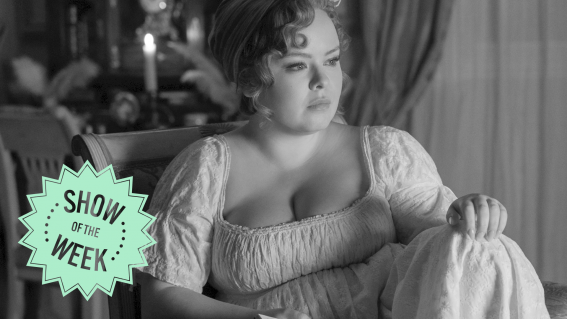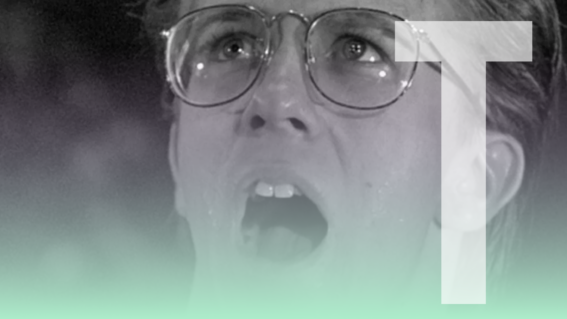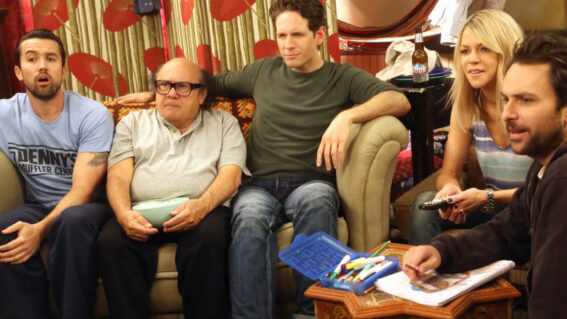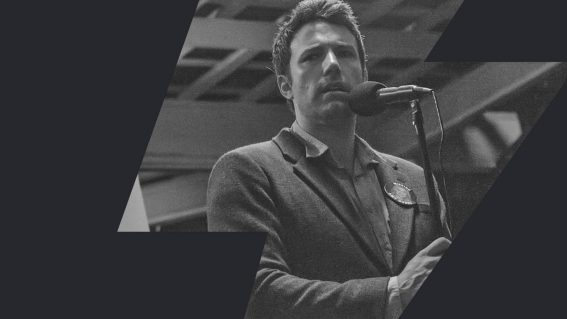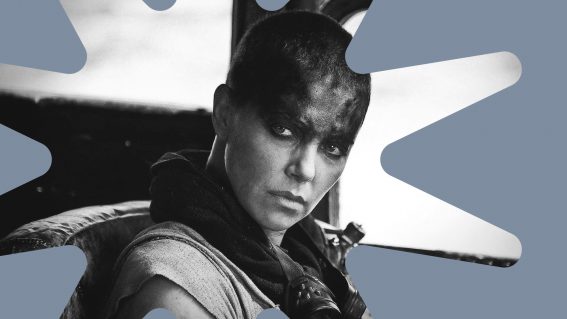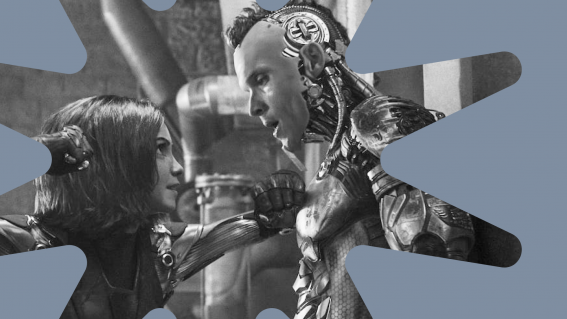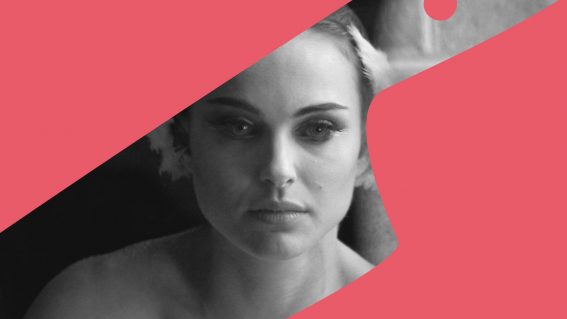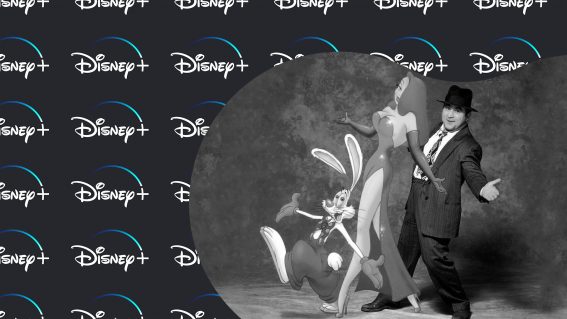Bridgerton strikes a distinctly romcom tone in season three
A loyal audience will be returning, feverishly, with tea, sandwiches, and rampant horniness intact.
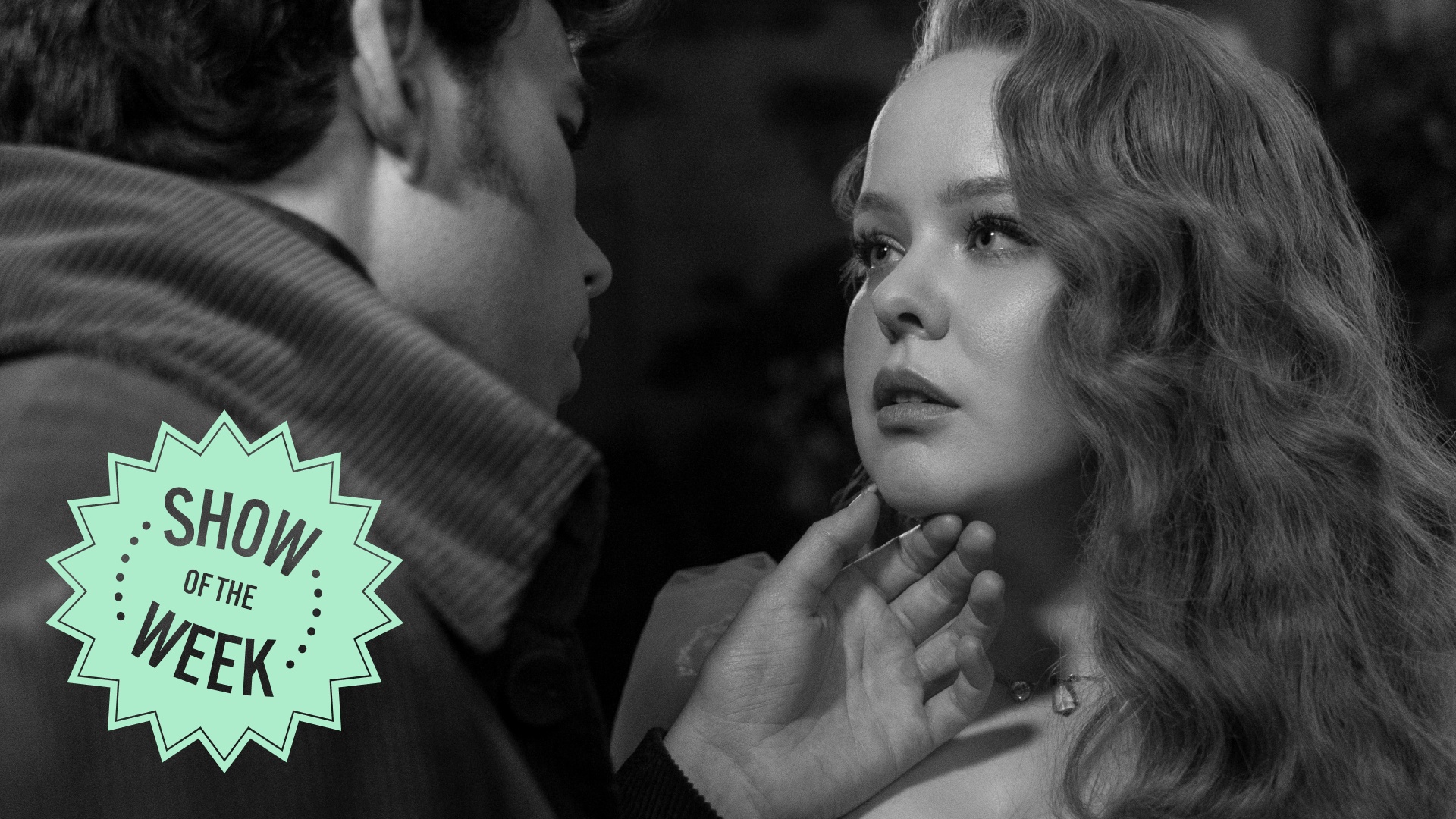
Clarisse Loughrey’s Show of the Week column, published every Friday, spotlights a new show to watch or skip. This week: The return of period romance in season three of Bridgerton.
“Dearest gentle reader, we have been apart for far too long,” the voice of Lady Whistledown (Julie Andrews) announces at the start of Bridgerton’s third season. “At last, London’s fashionable set has made its return.” You have to be somewhat self-confident as a drama series to kick things off with a literal English dame fulfilling the role of local hype man—but Bridgerton has comfortably hit that kind of groove. It knows exactly what it is, for better and for worse, and is safe in the knowledge that a loyal audience will be returning, feverishly, with their cups of tea, cucumber sandwiches, and rampant horniness perfectly intact.
I’ll admit, I hated season one, with all its desperate attempts to “make history sexy” (in the actual Regency period, during which Bridgerton is set, aristocrats would play parlour games in which someone blindfolded themselves in order to sit on other people’s laps and try to physically feel out their identity. In Bridgerton, touching a woman on the tit is considered to be a public scandal.) But the series has mellowed out since then, and while season two went for borderline Austen fan fiction, season three has settled for a distinctly romcom tone.
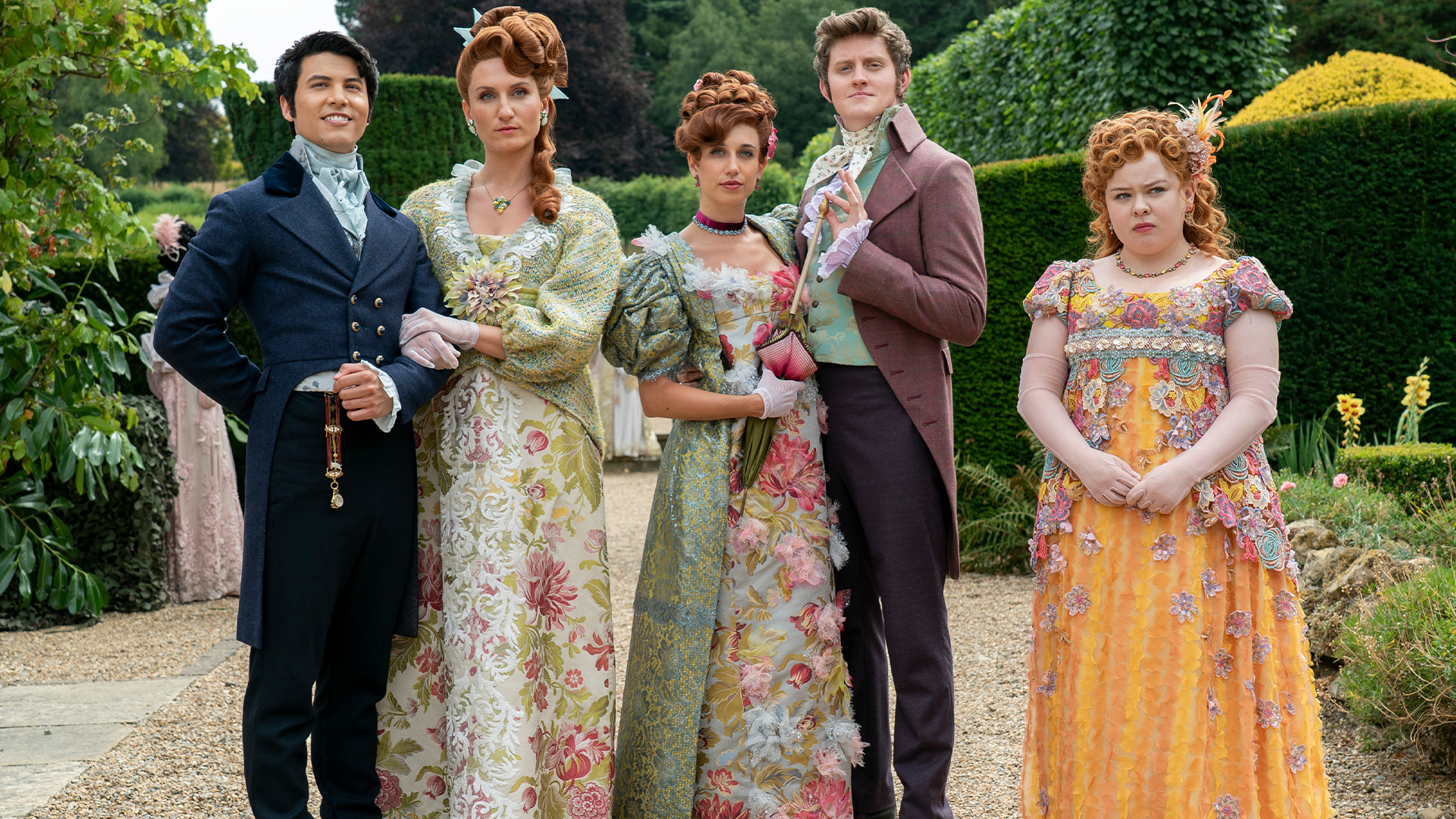
There’s sex, and the sex is sexy, but there’s also far less fuss about its existence. It’s treated almost as if it were a natural part of life. Our new will-be lovers, Penelope Featherington (Nicola Coughlan) and Colin Bridgerton (Luke Newton), have been given sensuous makeovers—him with the Mr Darcy overcoat, her with the Rita Hayworth curls and (finally) some dresses that properly fit her body.
A quick sidetone about the costumes: as a whole, the women’s dresses are a little more flattering this season, likely because the series finally ditched the laced corsets, which were not only historically inaccurate, but wildly inappropriate (read: boob smooshing) for all those empire-line dresses. The actresses, now, wear modern bras, which are at least somewhat structurally similar to the short stays that women might have worn during the period.
In practice, Penelope and Colin’s dynamic is a little less bombastic, more recognisably modern—he’s returned from his European travels more worldly, windswept, and loved by the ladies. She’s shunned by society, thanks to her overbearing mother (Polly Walker), her shyness and studiousness, and (it’s implied) the fact she isn’t quite as slim as the rest of the ladies of the ton. Everyone assumes Colin is out of her league. Her heart was broken last season when she overheard him reject the idea he’d ever court her, so, as friends, he agrees to help her find a suitable husband. Of course, he’s not being entirely honest with himself. It’s a little silly, but Bridgerton has learned to play things at the right level of sincere, but not too sincere.
I’m not entirely sure where we go from here. It seems to be a pattern that the leads of each season then disappear off the face of the planet—Phoebe Dynevor and Regé-Jean Page are no-shows, while Jonathan Bailey and Simone Ashley appear in one episode and then dip. It makes a certain amount of sense, when romance is the end game and happy ending of the series. But if Penelope is secretly Lady Whistledown, what happens to Bridgerton if she makes for the hills?
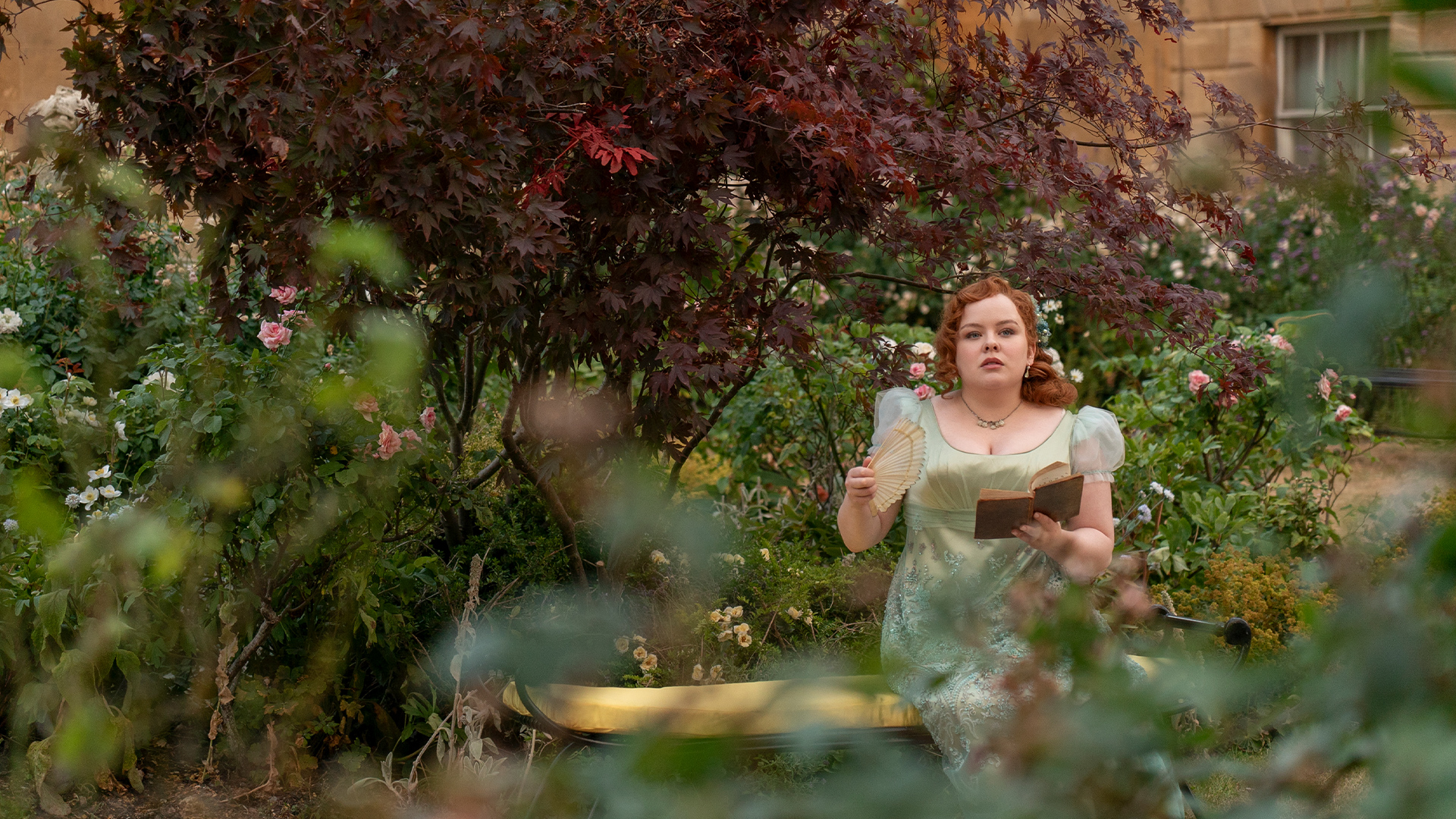
The series, created by Chris Van Dusen with Jess Brownell as its current showrunner, has adapted Julia Quinn’s source novels out of order. Her third book, in fact, focused on second-eldest son Benedict (Luke Thompson). Both he and Eloise have been suggested by fans (and, at times, the show itself) as potential candidates for a future queer romance, which would require Bridgerton to diverge entirely from the books. We’ll see if that ever materialises.
Eloise’s fractious relationship with Penelope (the latter threw the former under the bus by having Lady Whistledown reveal her flirtation with a working-class, political radical), is further explored here—and well. Francesca (Hannah Dodd, replacing Ruby Stokes) debuts into society, despite her only interest lying in the piano. Any plotline unrelated to Colin and Penelope is diverting enough, if only to lay down a little groundwork for future seasons. But Coughlan, more importantly, is luminous. It’s her time in the spotlight, and our chance to revel in it—because, with Bridgerton, we’ve been trained to know exactly what to expect.







